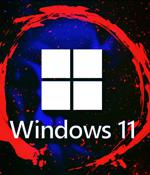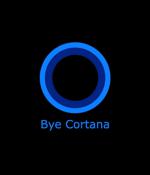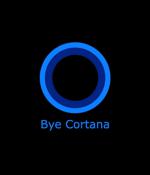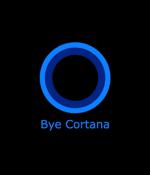Security News

Microsoft says the Cortana, Tips, and WordPad applications will be automatically removed on systems upgraded to the upcoming Windows 11 24H2 release. In September, Microsoft announced that it would deprecate WordPad-automatically installed on Windows systems for 28 years, since 1995, and an optional Windows feature since the Windows 10 Insider Build 19551 release in February 2020-with a future Windows update.

Microsoft finally removed the Cortana standalone app from Windows 11 in the latest preview build for Insiders in the Canary Channel. "Support for Cortana in Teams mobile, Microsoft Teams display, and Microsoft Teams Rooms will end in the fall of 2023. Voice assistance in Outlook mobile and Microsoft 365 mobile will also end in the fall of 2023," Microsoft said at the time.

Microsoft has officially begun killing off Cortana as the company moves its focus towards integrating ChatGPT and AI into Windows 11. [...]

After introducing a string of AI-powered assistants for its products, Microsoft has now announced that it will soon end support for the Windows standalone Cortana app. Initially introduced as part of the Windows Phone operating system, Cortana has since expanded to other platforms, including Windows 10, Android, and iOS. It's now deeply integrated into Microsoft's ecosystem and was designed to work closely with other Microsoft products.

The Medusa ransomware gang has put online what it claims is a massive leak of internal Microsoft materials, including Bing and Cortana source code. "This leak is of more interest to programmers, since it contains the source codes of the following Bing products, Bing Maps and Cortana," the crew wrote on its website, which was screenshotted and shared by Emsisoft threat analyst Brett Callow.

The Lapsus$ extortion gang briefly alleged over the weekend it had compromised Microsoft. "We are aware of the claims and are investigating," a Microsoft spokesperson told The Register on Monday.

Microsoft's digital assistant Cortana was first unveiled with Windows Phones, and it was later introduced on Android and iOS. Microsoft had even offered Cortana in its Microsoft Launcher, but they decided to remove all the consumer-centric integrations after focusing instead on enterprise customers. Due to this, Microsoft Cortana for Android and iOS never took off with mobile users.

Microsoft's digital assistant Cortana was first unveiled with Windows Phones and it is now included in all versions of Windows 10. Cortana is evolving, and it's here to stay, but it's no secret that many users aren't really big fans of Cortana after consumer-centric features were removed in May 2020 Update.

The tricky Cortana flaw, CVE-2018-8253, was addressed by Microsoft during Patch Tuesday.

A flaw in Cortana allowed researchers to take over a locked Windows machine and execute arbitrary code.